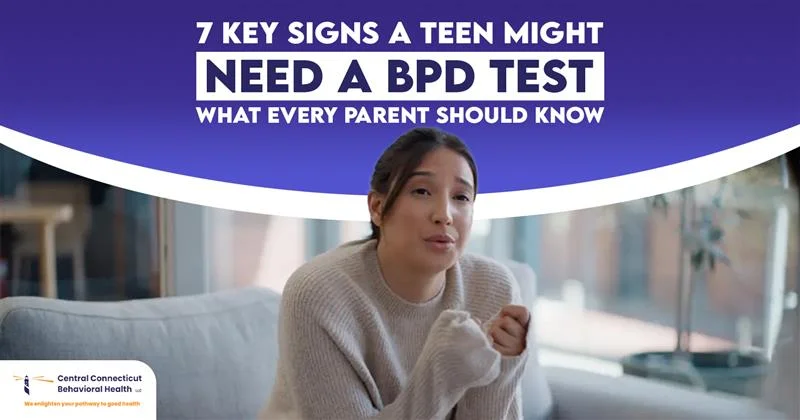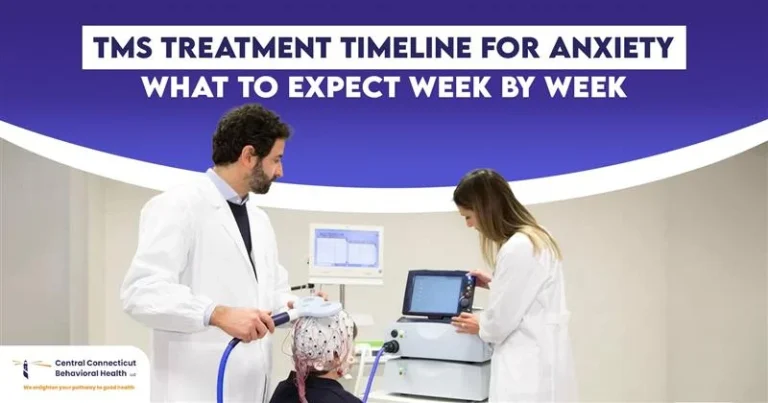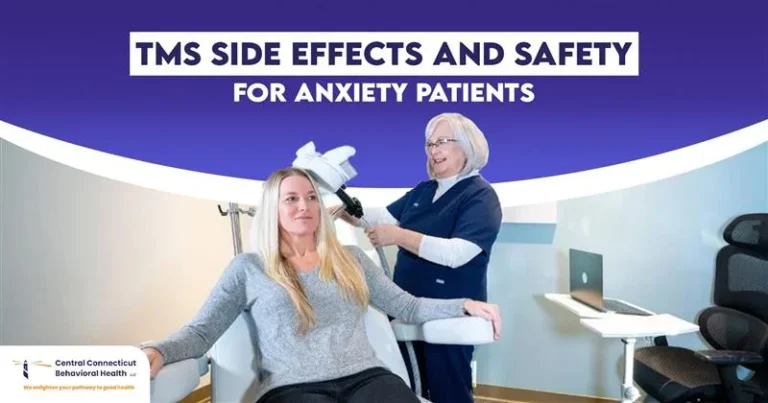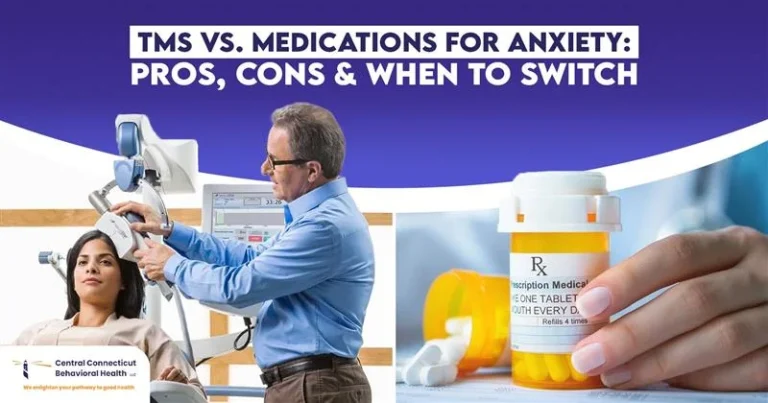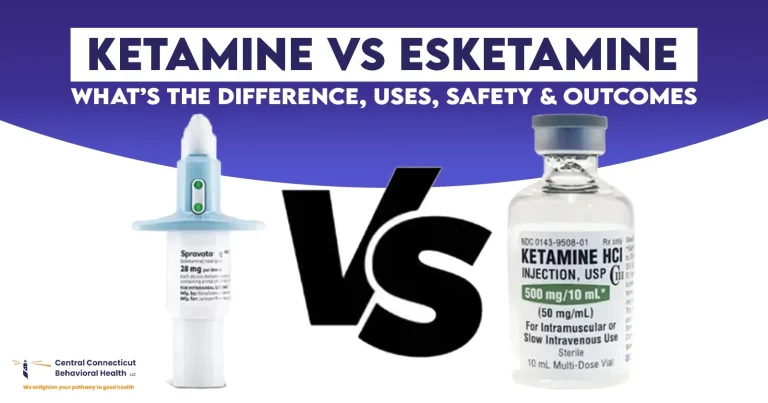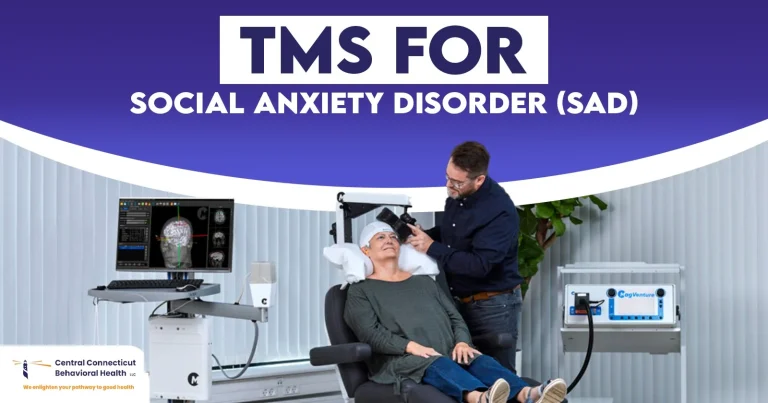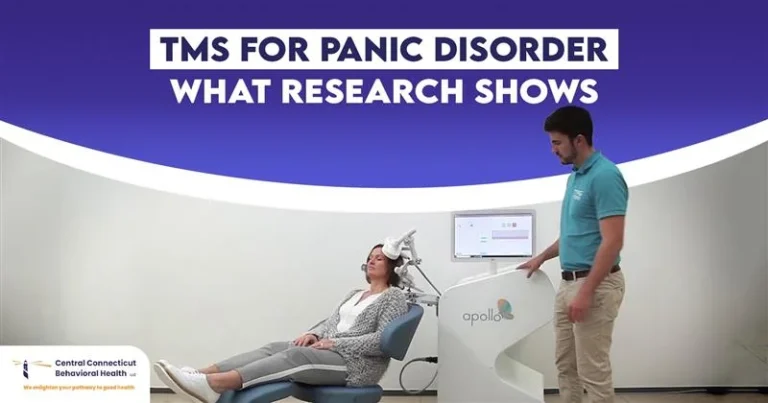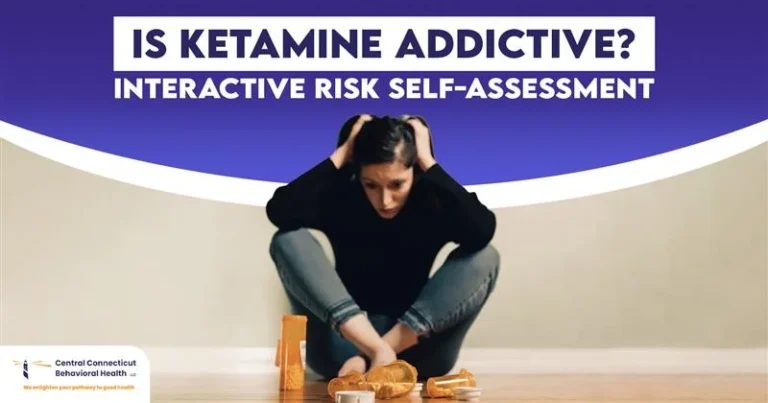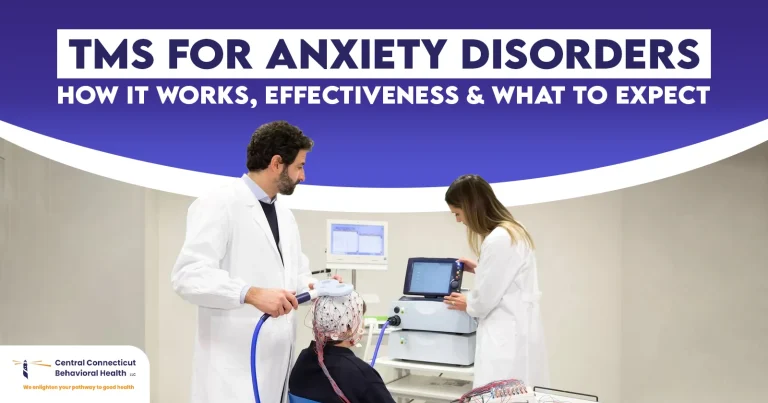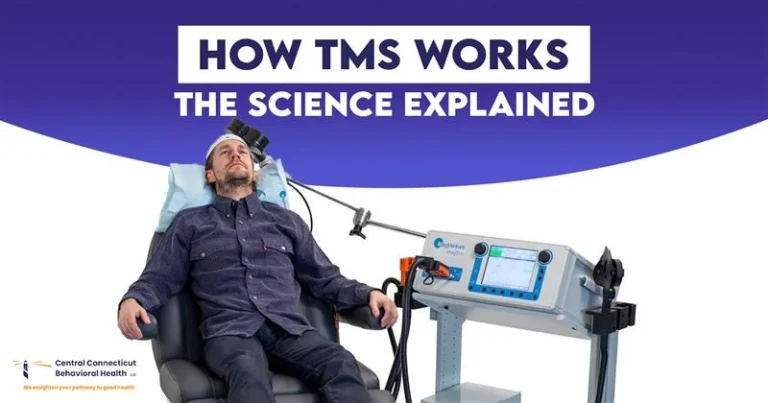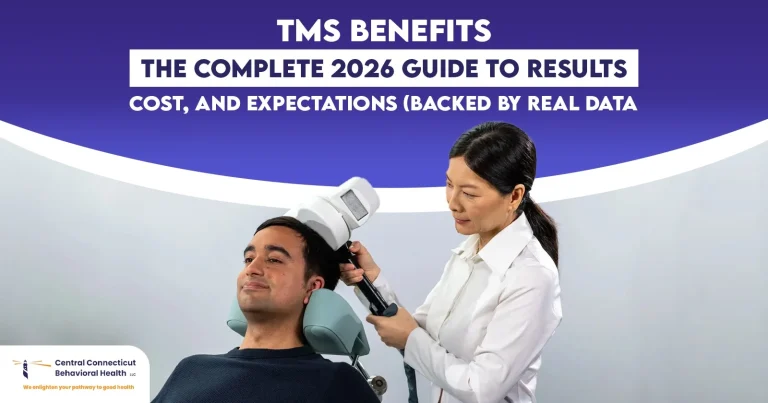Parenting a teenager is rarely easy. Among the squares of humor, the conflicts of identities, it can be hard to know if your child’s behavior is just a part of teenage or if it is more than that. Knowing these warning signs is indexing because an early test analysis, such as the BPD test, may help your teen receive the support that they have approached.
For many families, one of the most refusal concerns when they are teenagers seem to be extreme, relationships become unstable, or self-image changes. In some cases, these can be signs of Borderline Personality Disorder (BPD), a serious but to care about mental health disease.
At the Central Connecticut Behavioral Health, we believe that the first detection carefully catches the flow of adolescent and put the foundations for the end to end recovery.
Understanding Borderline Personality Disorder in Teens
Before diving in signs, it is important to understand what BPD means. The Borderline Personality Disorder affects a person who is held to himself and others, often bringing to intense emotions, impulsive and unstable behavior. In the teenage, these models can be confused with the “typical teenage drama”, but are often more persistent and disturbing. BPD usually develops in late teens or early adolescence, although emotional instability can happen before this age.
Identifying these symptoms early through reliable BPD test for teens or professional screening can help reduce long-term challenges and improve emotional regulation.
The Importance of Early BPD Screening
The prior detection plays a major role in improving treatment results. Many mental health specialists advise parents, school counsellors and other PCP’s to learn new changes in emotions and behavior which indicates the need for evaluation. Though the online tools such as MSI-BPD test online and Borderline Personality Disorder self-assessment can provide the preliminary information, you should never replace a professional diagnosis.
At the Central Connecticut Behavioral Health, BPD screening is promoted by clinicians for the school counselors to help identify whether the symptoms meet standard criteria for BPD or they are linked with other issues like depression or anxiety.
7 Key Signs a Teen Might Need a BPD Test
Below are seven emotional and behavioral patterns that may suggest your teen can benefit from the BPD test or more professional assessment.
1. Intense emotional reactions that seems to be disproportionate
Teenagers with the developing BPD often experience emotions that looked overwhelming or difficult to control. Minor conflicts can lead to the extreme anger, sadness or guilt. These reactions can change quickly: a moment your teen can feel euphoric and the other, deeply desperate.
Tests like Borderline Personality Disorder self-assessment or professional evaluation can help if these emotional high and low levels fall in a typical range or part of a human adjustment problem.
2. Unstable Relationships
One of the BPD characteristic features is the difficulty to keep relationships stable. A teen may idolize a friend or partner one day and suddenly feel betrayed or abandoned the next. This pattern often causes confusion and pain, both for the teen and those around them.
An online BPD quiz teens or borderline personality disorder test for teens online can help parents and counselors notice patterns of attachment and emotional intensity that may need further review.
3. Distorted self-image or identity issues
Teenage is already a self-round time, but for adults with BPD as possible, their self-image can change dramatically and often. They may feel safe a day and not another value, or change objectives and values often. Such identity crises investigation may reflect more deep problems that a confronting BPD test for teens or psychological assessment can help clarify.
4. Impulsive and dangerous behavior
The teenagers with BPD symptoms can be involved in the dangerous actions such as self-harm, substance abuse, unsafe driving or irregular eating pattern regardless of the consequences. A BPD test or professional assessment helps distinguish normal experimentation and impulsiveness related to emotional or uncontrollable disturbance.
5. The constant fear of being abandoned
A deep fear of rejection or abandonment, being true or imagined, is common between people with BPD. For teens, this may appear as a constant worry to lose friends, feel unintended by their parents or reacts rudely when you need their attention. When such changes start to affect the daily routine, it may be the time to now discuss the BPD screening for high school counselors or set a professional consultation.
6. Constant feeling of Emptiness or low self-esteem
Several teenagers report feelings of loneliness, but for those with borderline capabilities, these emotions can feel constant and uncontrollable. They can describe a sense of “internal void” or an inability to find meaning in everyday life. At Central CT Behavioral Health professionals use MSI-BPD test online or similar validated BPD test tools to verify if these emotions correspond to BPD clinical patterns.
7. Extreme mood swings and difficulty recovering emotionally
Although the mood changes are normal during adolescence, teenagers with the earliest BPD symptoms tend to submit more frequent mood changes. Healing from emotional causes can take hours or even days. A structured Borderline Personality Disorder Test for teenagers sign can help determine if these changes show basic problems with personality regulation.
Beyond the Test: Why Early Intervention Matters
Taking a BPD test is only the first step toward understanding and healing. The goal is not to label your teen but to help them access care that addresses the root causes of their emotional pain.
At Central Connecticut Behavioral Health, our Team prioritize evidence-based psychotherapy, family education and emotional support.
The early identification of the BPD symptoms give families the opportunity to create healthy models and prevent the long emotional distress.
Understanding BPD Screening Tools and its accuracy
Yet the use of tools like MSI-BPD online or other borderline personality disorder self-assessment can be useful, these are not the diagnosis. Only a licensed clinician can confirm BPD through clinical interviews and standardized tests. The prior examination of BPD for the teenagers and adolescent are important to ensure the accuracy and avoid the diagnosis error. The teenagers often show symptoms of depression, anxiety or ADHD, making advice of a core career essential.
Supporting your teen after a BPD test
If your teen is taking a BPD test and show possible indicators, next step involves complete treatment plan. Treatment options such as CBT or DBT may help teenagers learn the emotional regulations and interpersonal mood tolerance.
AT the Central Connecticut Behavioral Health, we have created safe environments, where teens and parents can work together in improving emotional growth.
Guidelines for Parents Supporting a Teen Going Through a BPD Test
When your teen is experiencing emotional difficulty, it can be overwhelming and confusing. Every reaction, silence or tears can afford to ask what to do or how to help. The truth is that your constant presence is more important than you think. Here are some practical ways to support your teen while experiencing a BPD test and its emotional journey.
• Start with listening, not fixing
When your teen opens up, they don’t always need answers — they need to feel heard. If they’ve tried an online BPD quiz teens or a borderline personality disorder self-assessment, talk about it gently. Let them know that it’s Okay to feel insecure and that the professional help, such as at Central CT Behavioral Health can fix their worries.
• Take online results as a starting point, not the final word
Digital tools such as MSI-BPD test online may provide knowledge but are not the diagnosis. If your teen is looking worried, remind them that understanding reality comes from a qualified clinician who look into your whole picture, not just an online result.
• Show patience when emotions run high
Teens going through emotional distress can swing between anger, sadness, and guilt within hours. Instead of reacting, try pausing and reassuring them: “I’m here with you.” If professional evaluation like a BPD test for teens has been recommended, let them know it’s not a label but a step toward feeling better.
• Stay connected with school and counselors
Teachers often notice subtle changes before parents do. Talk to your child’s counselor about BPD screening for high school counselors if you suspect something deeper is happening. Collaboration helps your teen feel supported both at home and in school.
• Keep home a judgment-free area
During and after a borderline personality disorder test for teens online, your teen can feel fear or embarrassment. Make your home a safe space for them without criticism and worship. Encourage self-expression, even if it is through any kind of art, writing or silence.
• Be aware of digital overload
Many teens spend hours of studying their symptoms online. Encouraged by departure from excessive self-diagnosis. Explain that the tools such as MSI-BPD Test are useful when combined with professional conversations, not alone.
• Model calm, not perfection
Teenagers look to learn. The management of your stress tells them that emotional control is possible. Sharing small things, such as “I had a hard day but took a walk to clean my head,” makes your teen learn emotional balance better than lessons.
• Focus on healing, not just answers
After a BPD test for teens, next steps are mote important. Celebrating progress, no matter how small it is, taking part in therapy, opening in conversation, or just smiling more often. Healing is not linear but every step counts.
• Spare time for positive connection
Watch a movie together, take a short walk or cook something simple. Shared moments remind your adolescent that they are more than emotions or test results. These memories help restore safety and confidence with time.
Parenting of an emotionally disturbed adolescent is not about perfection, it is about the presence. With compassion, patience and proper professional care, families can help their teens find stability, hope and then taking a BPD test.
Final Words
Knowing the first signs of emotional instability to your teen is not always easy but can make the difference. A professional BPD test does not determine your child instead it opens the door to understanding, healing and ensuring a long-term wellness. At the Central Connecticut Behavioral Health, our dedicated specialists are here to support teenagers and families in each path and beyond.
FAQs: BPD Test
1. What does BPD test mean?
BPD test is a clinical tool that helps identify the symptoms of the borderline personality disorder in adults or teens.
2. How accurate are online BPD quizzes for teens?
Online quizzes can offer preliminary insight but are not diagnostic. Always consult a licensed clinician for an accurate evaluation.
3. Can teens really have Borderline Personality Disorder?
Yes. Although diagnosis in adolescence is complex, early signs can appear in teen years and should be evaluated by a professional.
4. How does Central Connecticut Behavioral Health screen for BPD?
The clinic uses validated tools like the MSI-BPD test online and comprehensive psychological evaluations customized for adolescents.
5. What are common emotional signs of BPD in teens?
Extreme mood swings, fear of abandonment, impulsivity, and unstable relationships are key emotional indicators.
6. Can therapy help teens with borderline personality symptoms?
Yes. Evidence-based therapies like DBT and CBT help teens develop coping skills, emotional control, and self-awareness.
7. Can parents advise their teen for BPD diagnosis?
Yes but parents should guide them gently and let them open up.
8. Are depression and BDP test same?
A BPD test focuses on emotional regulation, self-image, and relationships, while depression tests center on mood and motivation.
9. Can BPD symptoms improve over time?
With the consistent therapy it is absolutely possible.
10. How do I schedule a BPD screening at Central Connecticut Behavioral Health?
You can contact the clinic directly to schedule an appointment or consultation for teen BPD evaluation and therapy options.


